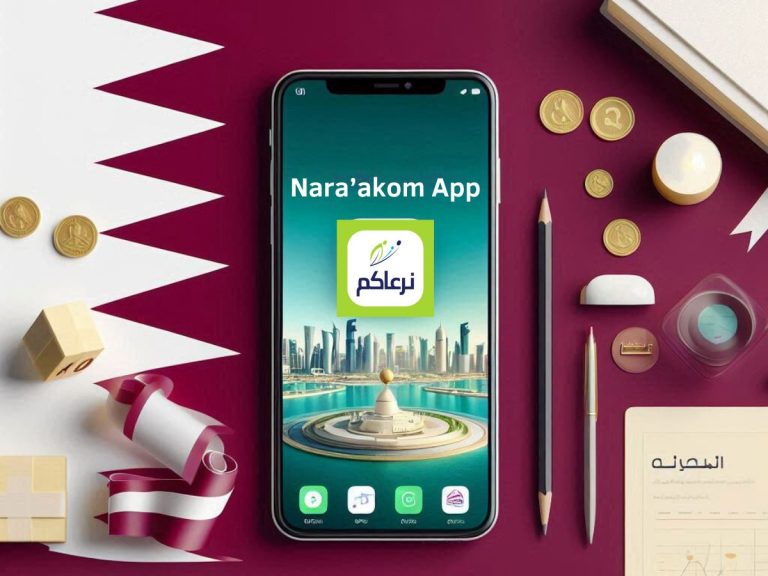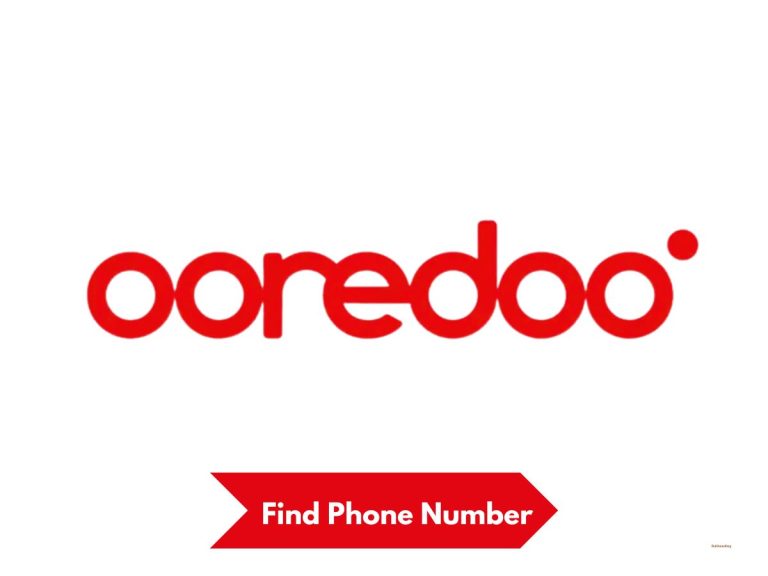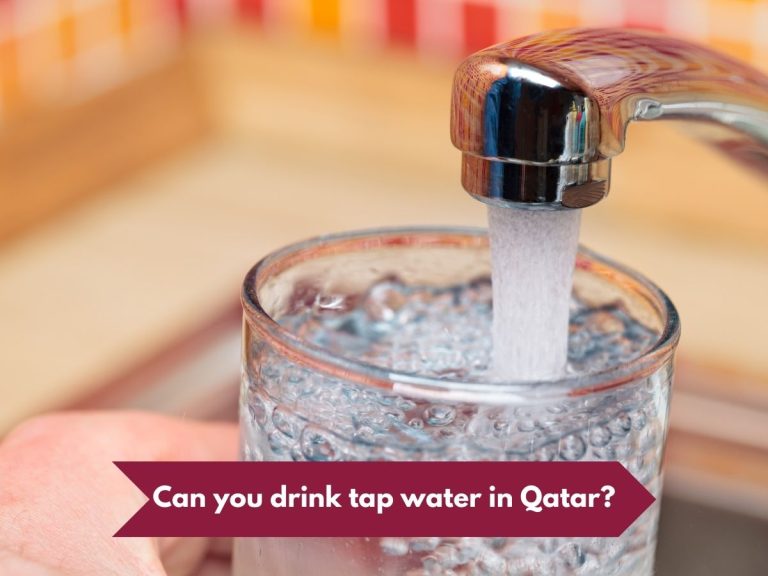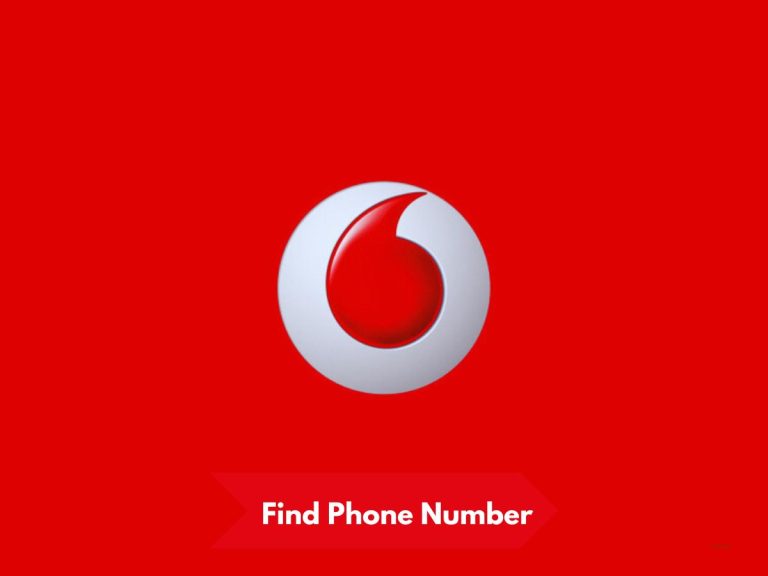Is Binance Legal in Qatar? Can You Buy/Sell Cryptocurrency?
No, Binance is not legal in Qatar. The country’s recent QFC Digital Assets Framework 2024 specifically excludes cryptocurrencies and cryptocurrency exchanges, maintaining Qatar’s ban on crypto-related services that has been in place since 2018.
Symbols have been vital in human expression for centuries. They transcend language barriers, conveying emotions and ideas effectively. A simple shape or sign can speak volumes. People use symbols in daily communication, art, and literature. They enhance understanding and add depth to interactions. Copying and pasting symbols online has become common practice. This simplifies sharing symbols across platforms.
the QFC Digital Assets Framework 2024
The Qatar Financial Centre (QFC) has unveiled the Digital Assets Regulations 2024, a comprehensive framework aimed at regulating digital assets in the country. This new regulatory regime, developed by the Qatar Financial Centre Authority (QFCA) and Qatar Financial Centre Regulatory Authority (QFCRA), aligns with Qatar’s Third Financial Sector Strategy and marks a significant milestone in the nation’s journey towards digital transformation.The framework establishes legal and regulatory foundations for digital assets, covering crucial aspects such as:
- Tokenization process
- Legal recognition of property rights in tokens and underlying assets
- Custody arrangements
- Transfer and exchange of tokens
- Legal recognition of smart contracts
Permitted and Excluded Tokens
The regulations make a clear distinction between permitted and excluded tokens:
- Permitted Tokens: These include tokens tied to real-world assets like real estate or financial instruments. They are subject to a stringent validation process and are central to Qatar’s strategic focus on asset tokenization.
- Excluded Tokens: Speculative cryptocurrencies such as Bitcoin and stablecoins are not permitted as a means of payment or trading within the QFC. This exclusion highlights Qatar’s cautious stance toward cryptocurrencies.
Regulatory Authority
The Qatar Financial Centre (QFC) serves as the primary regulatory body overseeing token services within its jurisdiction. It is responsible for:
- Licensing entities offering token services
- Ensuring adherence to Qatar’s regulatory standards for digital asset activities
Token Services
The framework defines a comprehensive structure for token services, focusing on:
- Token Generation: The process of creating secure tokens on distributed ledger technology (DLT).
- Token Custody Services: Safeguarding and managing tokens on behalf of clients.
- Token Exchange Operations: Facilitating the buying and selling of tokens through licensed exchanges.
- Token Transfer Services: Enabling secure and transparent transfer of tokens between parties.
Compliance Requirements
Token Service Providers (TSPs) must adhere to strict standards, including:
- Cybersecurity measures
- Data management protocols
- Legal compliance
- Obtaining validation certificates for token generation
- Regular audits
- Risk management frameworks
- Governance structures to protect against unauthorized access
These requirements aim to ensure a secure and regulated environment for digital asset activities in Qatar.
Qatar’s Evolving Stance on Digital Assets
Qatar’s approach to digital assets and cryptocurrencies has undergone significant changes over the years:
- 2018: Qatar banned the use of cryptocurrencies. The Qatar Central Bank (QCB) issued a notice to all banks, describing Bitcoin as “illegal and unsupported.”
- 2020: The Qatar Financial Centre (QFC) Regulatory Authority officially banned all crypto asset services in the Gulf region.
- 2023: Qatar began a public consultation process, signaling a potential shift in its approach to digital assets.
- 2024: Introduction of the QFC Digital Assets Framework, marking a new era in Qatar’s digital asset regulation.
Rationale Behind the New Framework
The introduction of the QFC Digital Assets Framework 2024 reflects Qatar’s strategic vision to:
- Boost its growing digital economy
- Create substantial opportunities in the financial sector
- Establish a robust regulatory environment
- Support Qatar’s digital transformation goals
- Align with the Third National Development Strategy and Qatar National Vision 2030
Exclusion of Cryptocurrencies
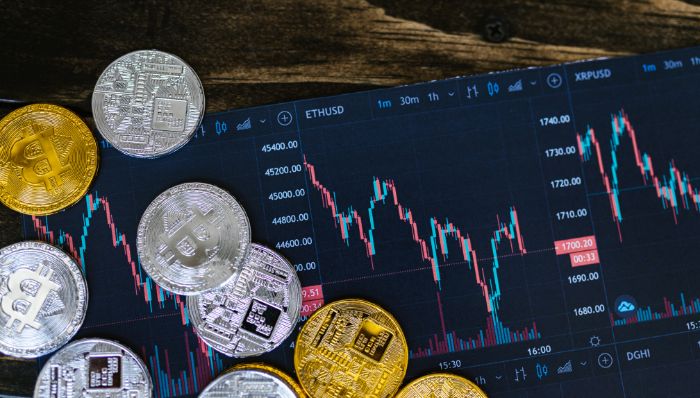
While the new framework opens doors for digital asset regulation, it specifically excludes cryptocurrencies. The reasons for this exclusion include:
- Cryptocurrencies function as alternatives to fiat currencies
- Lack of government backing
- No representation of physical assets
- High volatility due to speculative investor behavior
Potential Benefits for Qatar
The introduction of the QFC Digital Assets Framework 2024 is expected to bring several benefits to Qatar:
- Attracting Investment: The regulatory clarity is anticipated to draw interest from both local and international entities, enhancing the competitiveness of Qatar’s financial services sector.
- Innovation Boost: The framework sets the stage for a thriving and innovative financial services sector capable of leveraging new technologies and emerging markets.
- Enhanced Security: By establishing high standards for asset tokenization and implementing a trusted technology infrastructure, Qatar aims to ensure trust and confidence among consumers, service providers, and industry stakeholders.
- International Alignment: The framework positions Qatar at par with other advanced digital asset regulatory regimes, such as the UAE’s Digital Assets Framework.
Challenges and Considerations
While the new framework presents significant opportunities, there are also challenges to consider:
- Compliance Costs: Businesses must navigate stringent compliance requirements, which could pose challenges for smaller enterprises.
- Exclusion of Cryptocurrencies: The decision to exclude cryptocurrencies from the framework may limit certain types of digital asset activities in Qatar.
- Adaptation Period: The industry will need time to adapt to the new regulations and align their operations accordingly.
Comparison with Regional Approaches
Qatar’s approach to digital asset regulation can be compared to other countries in the Middle East:
| Country | Approach to Digital Assets |
|---|---|
| Qatar | Focused on tokenization of real-world assets, excluding cryptocurrencies |
| UAE | Established Virtual Asset Regulatory Authority (VARA) for comprehensive crypto oversight |
| Bahrain | Implemented regulations for crypto assets, with Central Bank overseeing licensing of exchanges |
| Saudi Arabia | More conservative approach, but showing increasing interest in blockchain technology |
Future Outlook
The introduction of the QFC Digital Assets Framework 2024 marks a significant step in Qatar’s journey towards becoming a leader in digital assets within the MENA region. As the market evolves, these regulations will play a critical role in shaping the future of digital assets in Qatar, ensuring compliance, security, and long-term growth.Key areas to watch in the future include:
- Potential expansion of the framework to include other types of digital assets
- Development of the digital asset ecosystem in Qatar
- International collaborations and partnerships in the digital asset space
- Continued alignment with global best practices and standards
Frequently Asked Questions
Is Binance legal in Qatar?
No, Binance is not legal in Qatar. The country’s new digital asset regulations specifically exclude cryptocurrencies and cryptocurrency exchanges like Binance.
Can I buy cryptocurrencies in Qatar?
No, buying cryptocurrencies is not legally permitted in Qatar. The new QFC Digital Assets Framework 2024 excludes cryptocurrencies from its regulatory scope.
What types of digital assets are allowed under the new Qatar regulations?
The new regulations allow for tokens tied to real-world assets, such as real estate or financial instruments. These are referred to as “Permitted Tokens” in the framework.
How does Qatar’s approach to digital assets compare to other Gulf countries?
Qatar’s approach is more conservative compared to countries like the UAE, which has embraced cryptocurrencies. Qatar focuses on tokenization of real-world assets while excluding cryptocurrencies.
Will Qatar allow cryptocurrencies in the future?
While the current framework excludes cryptocurrencies, Qatar’s stance may evolve in the future as the global digital asset landscape continues to develop. However, no immediate plans for including cryptocurrencies have been announced.

Ammara Abdullah is an experienced writer and editor specializing in technology and digital trends. With over 5 years of experience, she produces insightful articles on emerging tech, consumer electronics, and digital culture. Ammara holds a degree in journalism and is passionate about making complex topics accessible to readers.

